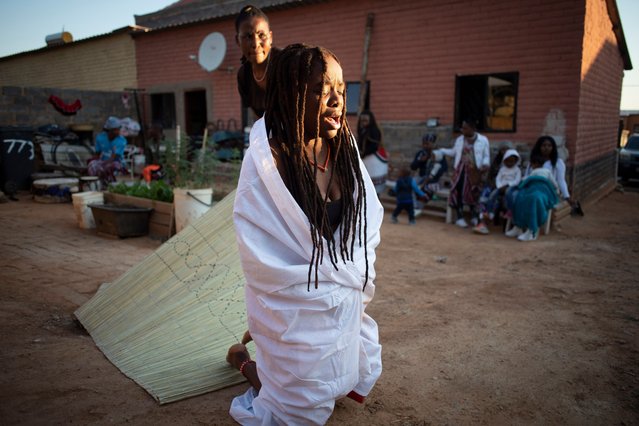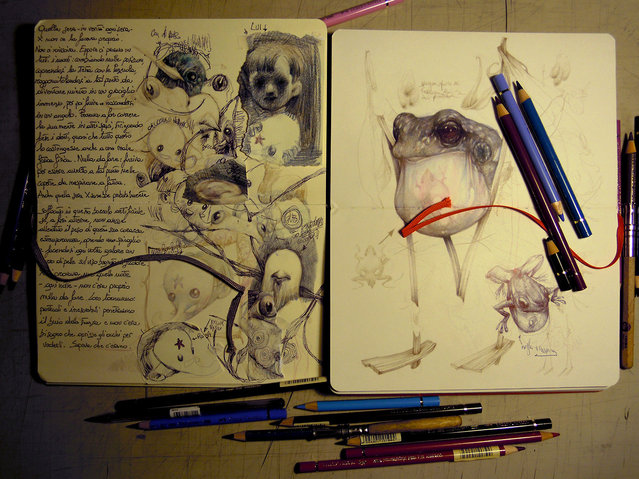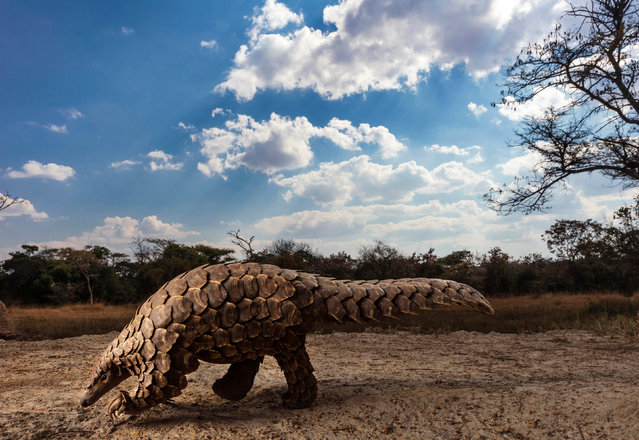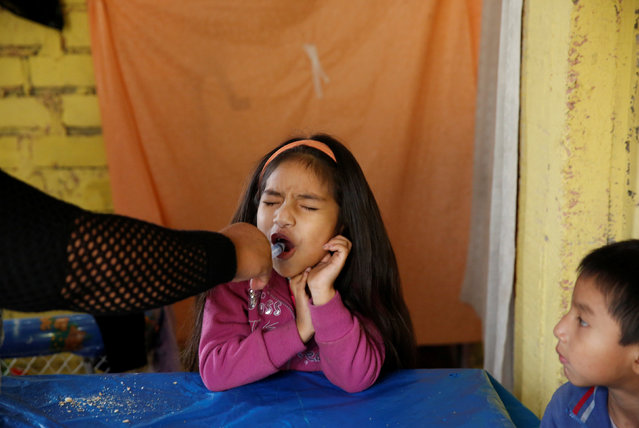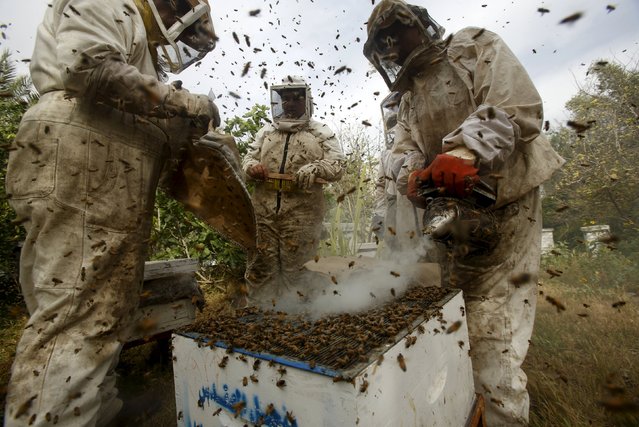
Tom Hussey is a photographer who focuses on advertising and portrait photography. The project featured on this post is called “Reflections” and was created for a new Novartis drug called the Exelon Patch. The drug in question is a prescription medicine for the treatment of mild to moderate Alzheimer’s dementia. The highly conceptual photographs shows an older person looking at the reflection of their younger self.
23 Oct 2013 09:55:00,post received
0 comments



